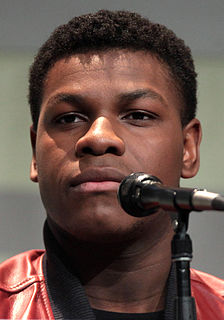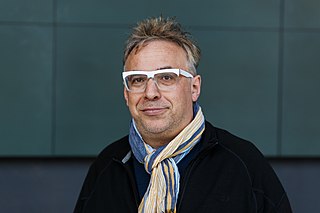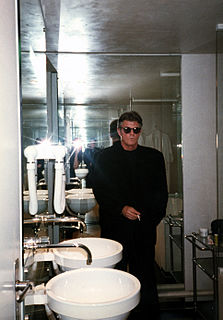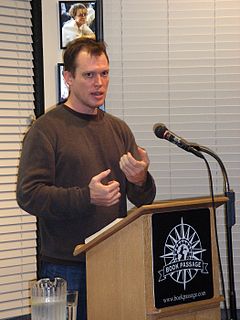A Quote by Paul Watzlawick
That we do not discover reality but rather invent it is quite shocking for many people. And the shocking part about it - according to the concept of radical constructivism - is that the only thing we can ever know about the real reality (if it even exists) is what it is not. It is only with the collapse of our constructions of reality that we first discover that the world is not the way we imagine.
Related Quotes
Reality became for me a problem after my experience with LSD. Before, I had believed there was only one reality, the reality of everyday life. Just one true reality and the rest was imagination and was not real. But under the influence of LSD, I entered into realities which were as real and even more real than the one of everyday. And I thought about the nature of reality and I got some deeper insights.
Teachers and students (leadership and people), co-intent on reality, are both Subjects, not only in the task of unveiling that reality, and thereby coming to know it critically, but in the task of re-creating that knowledge. As they attain this knowledge of reality through common reflection and action, they discover themselves as its permanent re-creators.
There are many people who know nothing of a world in which we take the reality of the 'other' seriously. I'm running on that platform: other people in other countries are really, really real, and there has to be a way of presenting their reality that is not condescending to them or about our psycho-social needs.
Our normal expectations about reality are created by a social consensus. We are taught how to see and understand the world. The trick of socialization is to convince us that the descriptions we agree upon define the limits of the real world. What we call reality is only one way of seeing the world, a way that is supported by social consensus.
... what is faked [by the computerization of image-making], of course, is not reality, but photographic reality, reality as seen by the camera lens. In other words, what computer graphics have (almost) achieved is not realism, but rather only photorealism - the ability to fake not our perceptual and bodily experience of reality but only its photographic image.
Reality TV now doesn't feel reality TV when it started. The line between reality and fiction is blurred. So many of these people are phony or shallow, in their own right. If you've ever watched any of The Real Housewives, or those types of shows, they're all performing. Even though they're real people, they're performing.
Digital technology, you see, is not the villain here. It simply offers another dimension. I'm not sure if it's a farther remove from reality than analogue. I think if we can speak of reality, if reality and representation can be spoken of in the same sentence, if reality even exists any more, digital is simply another way of encoding that reality.
The secret of adventure, then, is not to carefully seek it out but to travel in such a way that it finds you. To do this, you first need to overcome the protective habits of home and open yourself up to unpredictability. As you begin to practice this openness, you'll quickly discover adventure in the simple reality of a world that defies your expectations. More often than not, you'll discover that “adventure” is a decision after the fact-a way of deciphering an event or an experience that you can't quite explain.
Every call to worship is a call into the Real World.... I encounter such constant and widespread lying about reality each day and meet with such skilled and systematic distortion of the truth that I'm always in danger of losing my grip on reality. The reality, of course, is that God is sovereign and Christ is savior. The reality is that prayer is my mother tongue and the eucharist my basic food. The reality is that baptism, not Myers-Briggs, defines who I am.
Today we cannot assume people, even all Christians, understand the Bible's implicit, underlying view of reality. We have to dig it out and show it to people, including Christians, and ask them to "see reality as this" rather than "as that" - where "that" refers to any number of unbiblical ideas about reality.






































